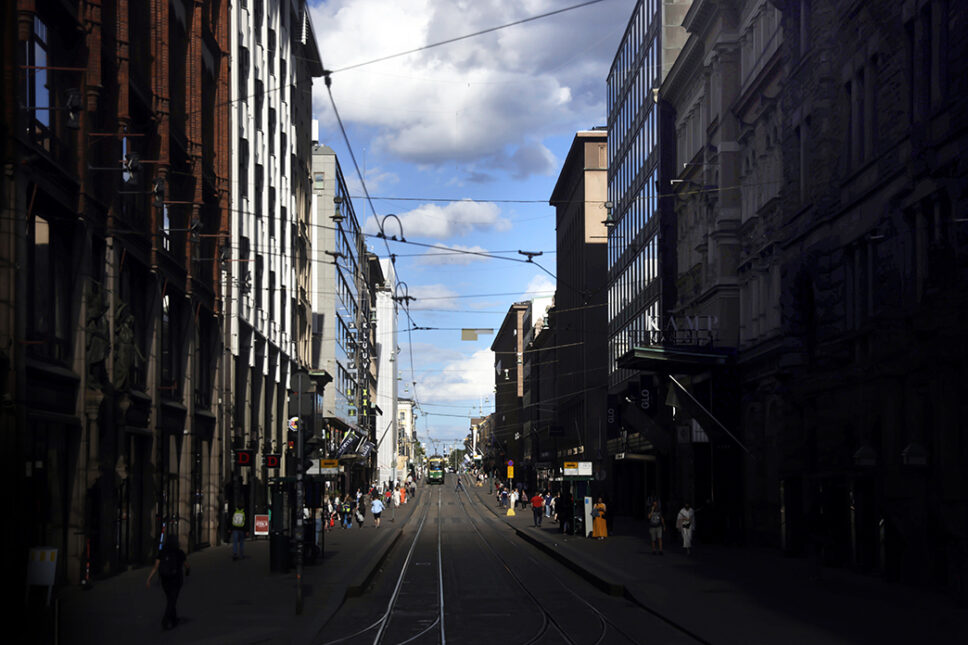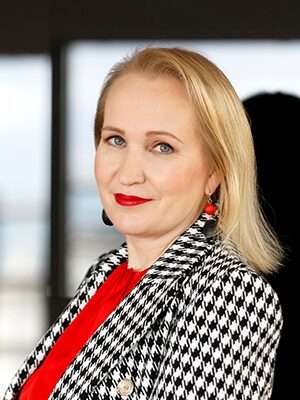Largest export sector: We were wrong about our position in the economic cycle – demand is still decreasing

Finland’s largest export sector has been holding premature hopes of economic recovery – there are still no signs of improvement. According to Technology Industries of Finland’s latest order book and personnel survey, both demand and the value of new orders have continued to fall in Finland’s largest sector.
The technology industry continued to face a very difficult situation throughout the autumn, in both Finland and Finnish companies’ largest European markets, and conditions look set to remain challenging for the rest of the year. Although Finnish companies have been expecting an economic upswing for several months now, there are still no concrete signs of a recovery in the technology industry.
“We must now admit that our earlier forecast was wrong, that is, that we’d passed the lowest point of the business cycle and the economy would begin an, albeit sluggish, recovery towards the end of the year. The situation in Europe isn’t really giving us any joy, and our order book survey is unfortunately telling the same story. However, we still expect growth in the technology industry next year, thanks to a gradual increase in investments fuelled by falling interest rates,” says Petteri Rautaporras, Director, Chief Economist.
The technology industry publishes the results of its order book and personnel survey four times a year at the same intervals. According to the latest report, the value of new orders for the entire sector was two per cent lower in July–September than in the previous quarter.
The extremely weak situation in the largest industry, mechanical engineering, is particularly concerning, especially as it has been so prolonged. The order intake for mechanical engineering fell by six per cent in July–September compared to the previous quarter, and the value of its order books is already 17 per cent lower than a year ago. Order books have now been shrinking for an exceptionally long time.
The balance figure for tender requests stood at -13 in September, and aggregate demand has remained very low. The balance figure for tender requests in the technology industry has now remained negative for nine consecutive quarters. This is the longest continuous period of negative values since records began.
“Although long-running optimism about economic recovery has otherwise increased, the outlook for Finland’s largest export industry remains weak. And it doesn’t seem as though we’ll be getting a boost from our major export countries either – not even the USA. Conditions in the industrial sector are very concerning,” says Rautaporras.
All growth measures are now crucial
The industrial sector has been trying to retain personnel in spite of its dismal year, but the seriousness of the situation is now being reflected in an increasing number of change negotiations and lay-offs. The number of people employed by the sector had decreased by more than 1,000 compared to the end of June. The number of lay-offs has also increased, standing at about 20,500 at the end of September.
The government has launched its “Room for Growth” project, which is seeking a broad range of new ways to accelerate growth before next spring’s mid-term review. The Finnish economy has not grown in 16 years, which means that all growth-related measures are now crucial.
“In order to generate economic growth, we need companies with a desire to invest and grow. Our member companies have both the desire and capability to do so, but the government must implement ambitious measures to spur on this development and improve Finland’s competitiveness,” says Deputy CEO Minna Helle. Minna will start in her new role as CEO on 11 November.
The Finnish technology industry must compete with state-subsidised companies for markets, and with European, Chinese and American companies for talent.
“In order to accelerate economic recovery and growth, we must undertake bold measures to increase Finland’s attractiveness in terms of investments and work-driven immigration.
In the longer term, talent shortages will pose a significant obstacle to growth among export companies.
Regardless of our position in the economic cycle, talent shortages are being discussed in relation to all kinds of themes, such as the green revolution, R&D and harnessing artificial intelligence, and also as obstacles to SMEs going international. Failure to invest in streamlining immigration processes and improving Finland’s attractiveness will undermine our growth measures,” says Helle.
Further information:

Rautaporras Petteri
Executive Director, Chief Economist – Economy and Sustainable Growth Technology Industries of Finland
